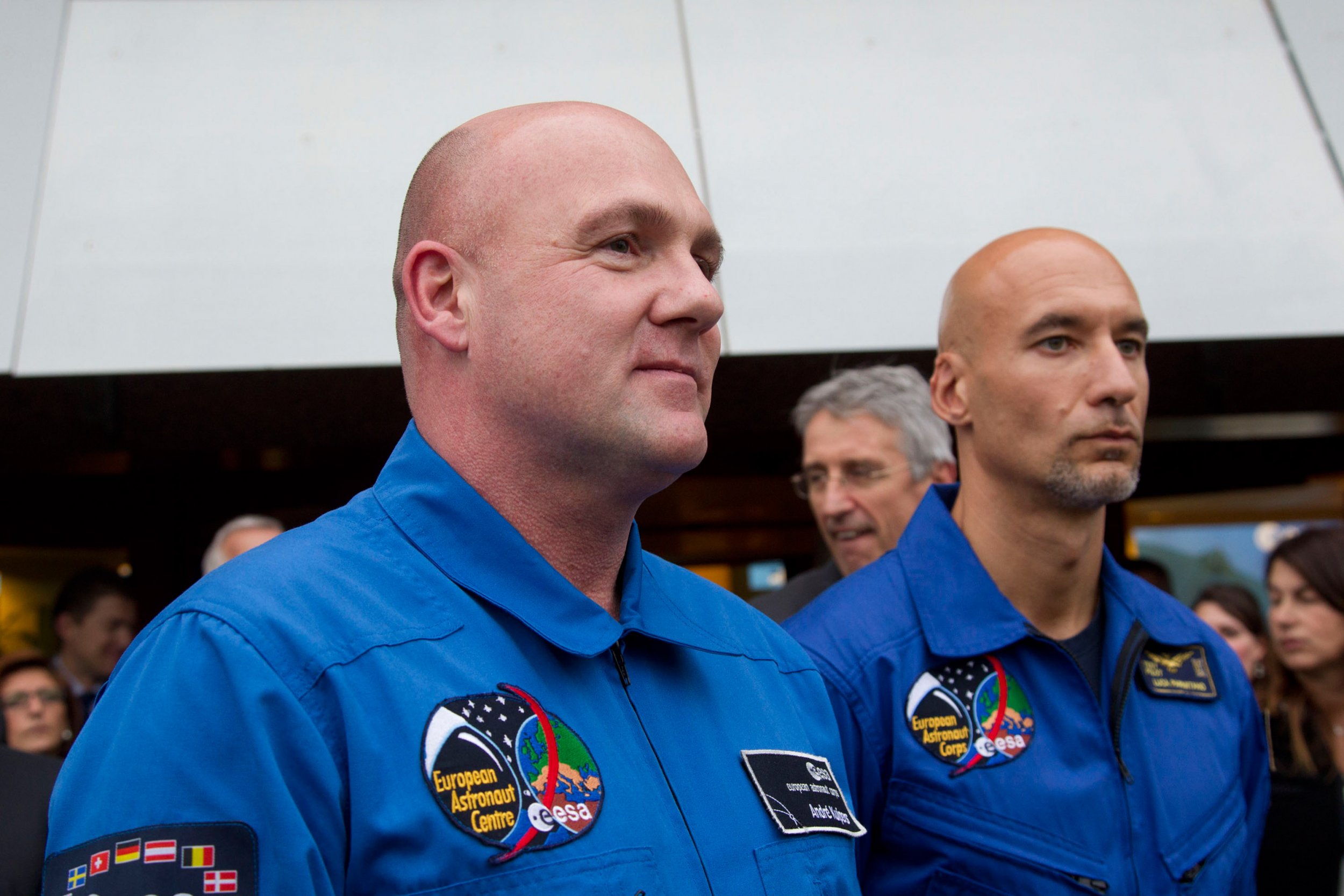
A Dutch astronaut has described how he accidentally contacted American emergency services on 911 while in orbit above the Earth.
André Kuipers described the experience while speaking on a radio program about his missions and communications between the Earth, satellites and astronauts orbiting the planet, according to the country's public broadcaster Nederlandse Omroep Stichting.
Read More: Apollo 8 astronaut slams NASA, says it "couldn't get to the Moon today"
Kuipers explained that while trying to contact NASA's Johnson Space Center in Houston, he missed an all-important number and accidentally called the U.S. emergency services.
The 60-year-old said that to reach the center in Houston, orbiting astronauts have to dial 9 for an outside line, followed by 011 for an international line. But of course, doing so while floating around in space is trickier than from a desk on Earth. "I made a mistake, and the next day I received an email message: did you call 911?"
His comms slip-up set off a security alert at the Houston center, he explained, with emergency staff to check the room where the space station's line connected to Earth. "I was a little disappointed that they had not come up," he joked.
Kuipers—who completed two space missions totaling 203 days—explained that it is surprisingly easy to communicate with the Earth while aboard a space station in orbit. He suggested astronauts can reach terrestrial phones via satellites around 70 percent of the time.
He would have to deal with some technical hurdles when saying hello to friends on the ground though. For example, a significant time delay would make it difficult to have a proper conversation. "Sometimes people would hang up because they thought I did not say anything, so later on I started to talk as soon as I had dialed the last number," he recalled.
During his interview, Kuipers reflected on the legacy of man's space missions, not least the Moon landings. Only 10 years old when Neil Armstrong set foot on the lunar surface, Kuipers said he did not remember much of the historic event.
He compared man's space missions to those of historic explorers who crossed oceans, deserts and the punishing polar wastes. "People are scouts," he explained, to find new places that can be useful to mankind, whether thanks to their raw materials or new knowledge gained in the process.
He quoted pioneering rocket scientists Konstantin Tsiolkovsky, who said, "The earth is only the cradle of humanity, but one cannot live in a cradle forever."
Uncommon Knowledge
Newsweek is committed to challenging conventional wisdom and finding connections in the search for common ground.
Newsweek is committed to challenging conventional wisdom and finding connections in the search for common ground.
About the writer
David Brennan is Newsweek's Diplomatic Correspondent covering world politics and conflicts from London with a focus on NATO, the European ... Read more
To read how Newsweek uses AI as a newsroom tool, Click here.








